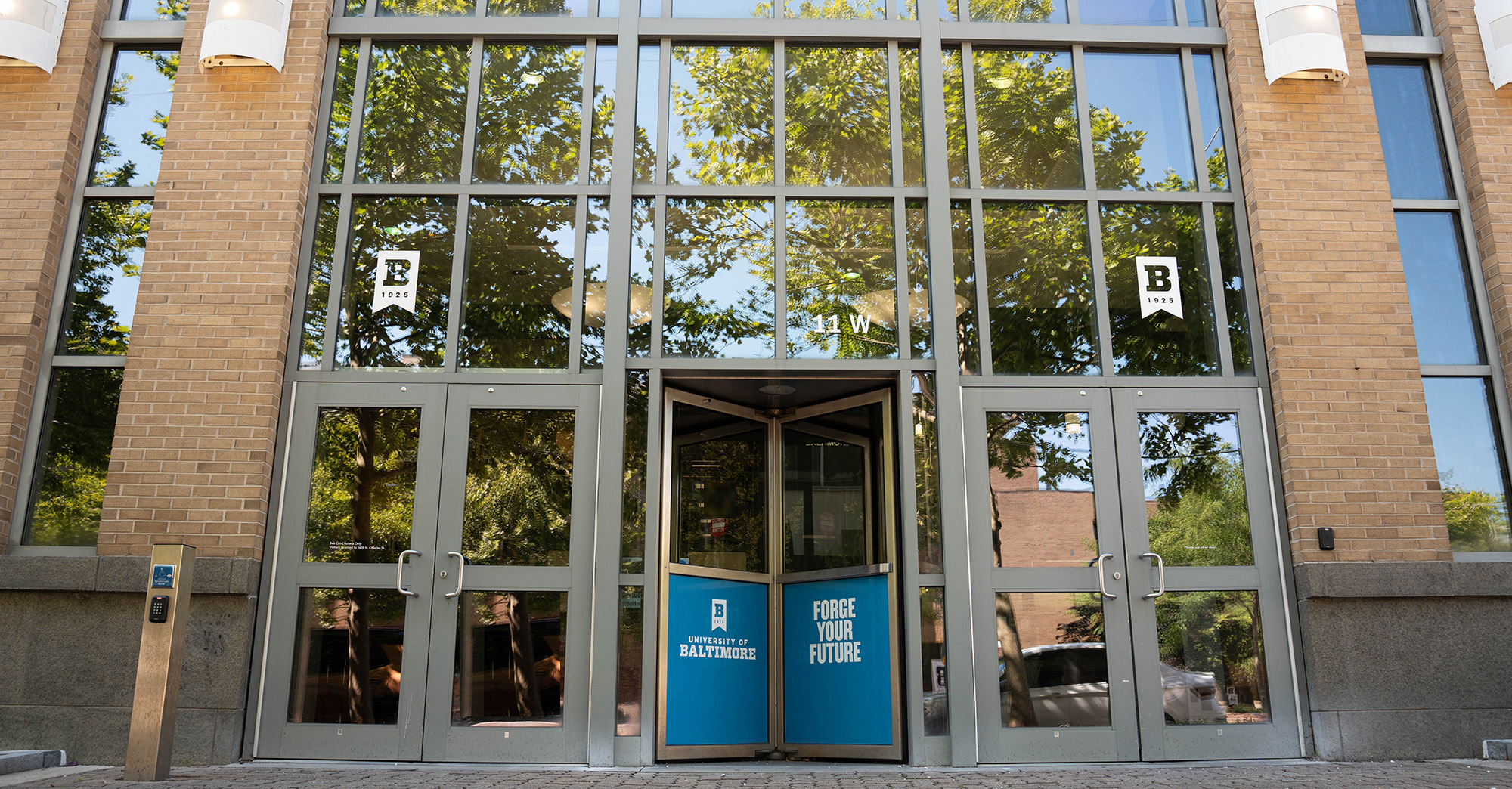Merrick School of Business

Your Ambition. Our Partnership. Limitless Potential.
At the Robert G. Merrick School of Business, we're passionate about helping you achieve your career goals. We believe in your incredible potential and are dedicated to empowering you. We're here to turn your efforts into real-world success by providing the support and resources you need to earn your degree and launch your dream career.

We're Partners
in Your Tomorrow.

Let's See Where your Educational Journey Will Take You.

We are different by design.
Don't just adapt to the future of work— define it.
6 Master's Degrees
We specialize in equipping working professionals for success. Our offerings include a Flex MBA with 12 specializations, a Fully Online MBA with 4 specializations, and four Specialized Master's programs, each crafted to maximize your potential.
2 Bachelor's degrees
Ready to kickstart your career? Earn a powerful Bachelor of Science degree! Choose our Business Administration program with 11 specializations, or a focused degree in Information Systems and Technology Management.
24 Full Time Faculty
Real-world career prep takes a team: you and our expert faculty. They blend teaching with scholarly research, sharing invaluable insights both in and out of the classroom to ensure your educational journey thrives.

Key internships elevate MBA candidate’s experience
Read Full Story
UBalt empowers students for meaningful, long-term success by providing an extraordinary, high-value educational experience, featuring passionate, industry-savvy professors, motivated and hard-working peers, small class sizes, and flexible learning options.
UPCOMING BUSINESS SCHOOL ADMISSION INFORMATION SESSIONS

School of Business
Stories and News




School of Business
Events








